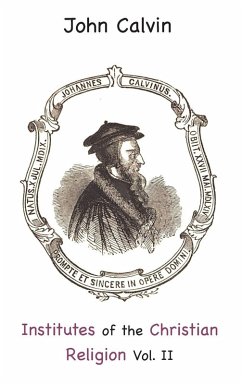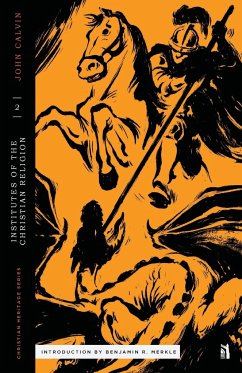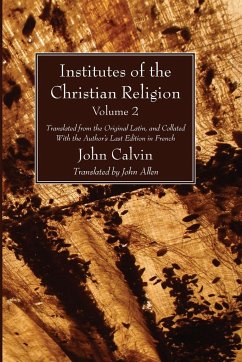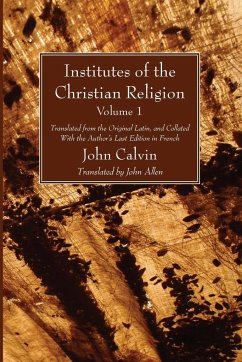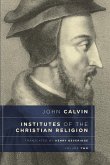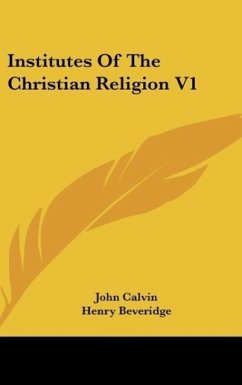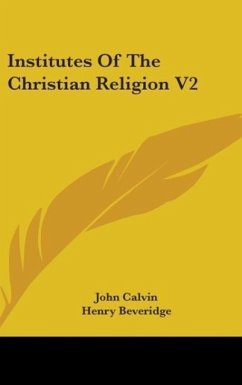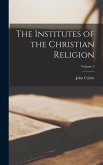Despite the dependence on earlier writers, Institutes was felt by many to be a new voice, and within a year there was demand for a second edition. This came in 1539, amplifying especially the treatment of the fall of man, of election, and of reprobation, as well as that of the authority of scripture. It showed also a more conciliatory temper toward Luther in the section on the Lord's Supper. The opening chapter of the Institutes is perhaps the best known, in which Calvin presents the basic plan of the book. There are two general subjects to be examined: the creator and his creatures. Above all, the book concerns the knowledge of God the Creator, but "as it is in the creation of man that the divine perfections are best displayed", there is also an examination of what can be known about humankind. After all, it is mankind's knowledge of God and of what He requires of his creatures that is the primary issue of concern for a book of theology. In the first chapter, these two issues are considered together to show what God has to do with mankind (and other creatures) and, especially, how knowing God is connected with human knowledge. The Book overshadowed the earlier Protestant theologies such as Melanchthon's Loci Communes and Zwingli's Commentary on the True and False Religion. According to historian Philip Schaff, it is a classic of theology at the level of Origen's On First Principles, Augustine's The City of God, Thomas Aquinas's Summa Theologica, and Schleiermacher's The Christian Faith. (Schaff himself was an adherent of Reformed Christianity, which traces its roots to John Calvin.)
Hinweis: Dieser Artikel kann nur an eine deutsche Lieferadresse ausgeliefert werden.
Hinweis: Dieser Artikel kann nur an eine deutsche Lieferadresse ausgeliefert werden.

